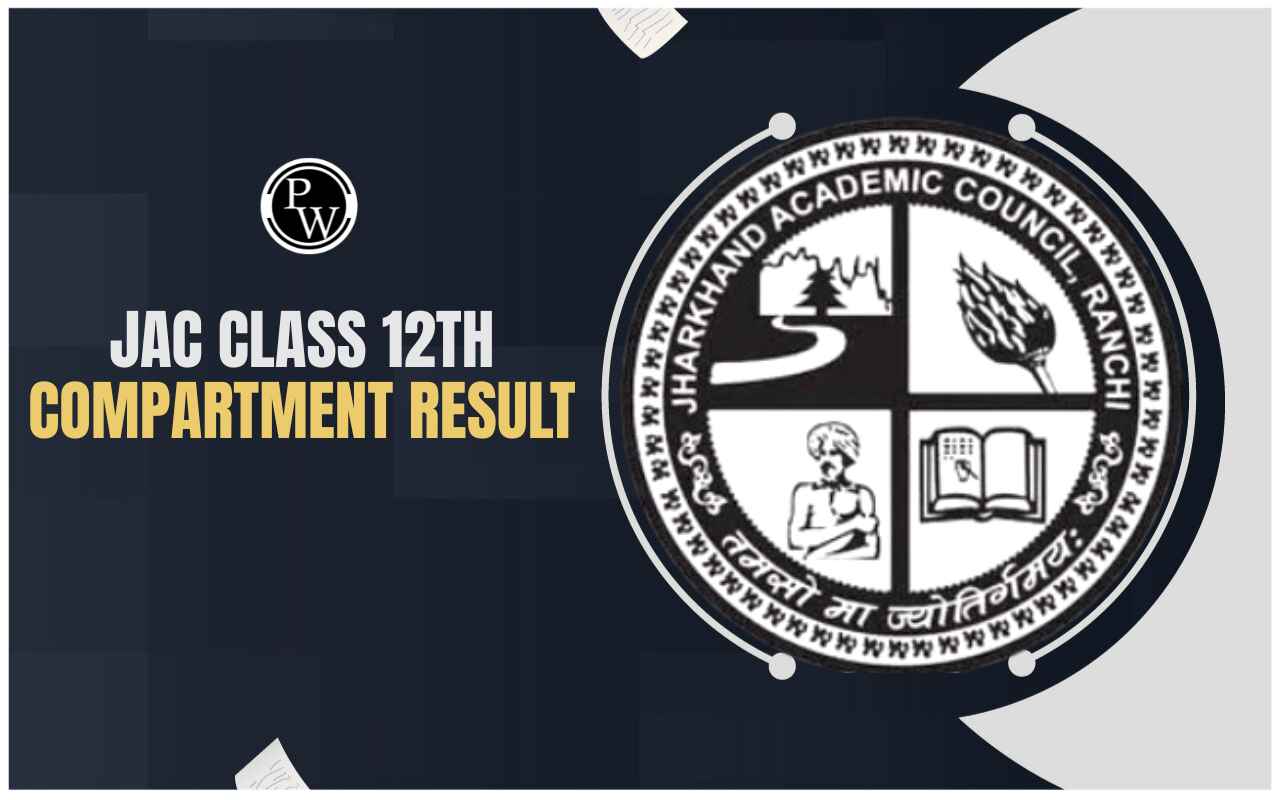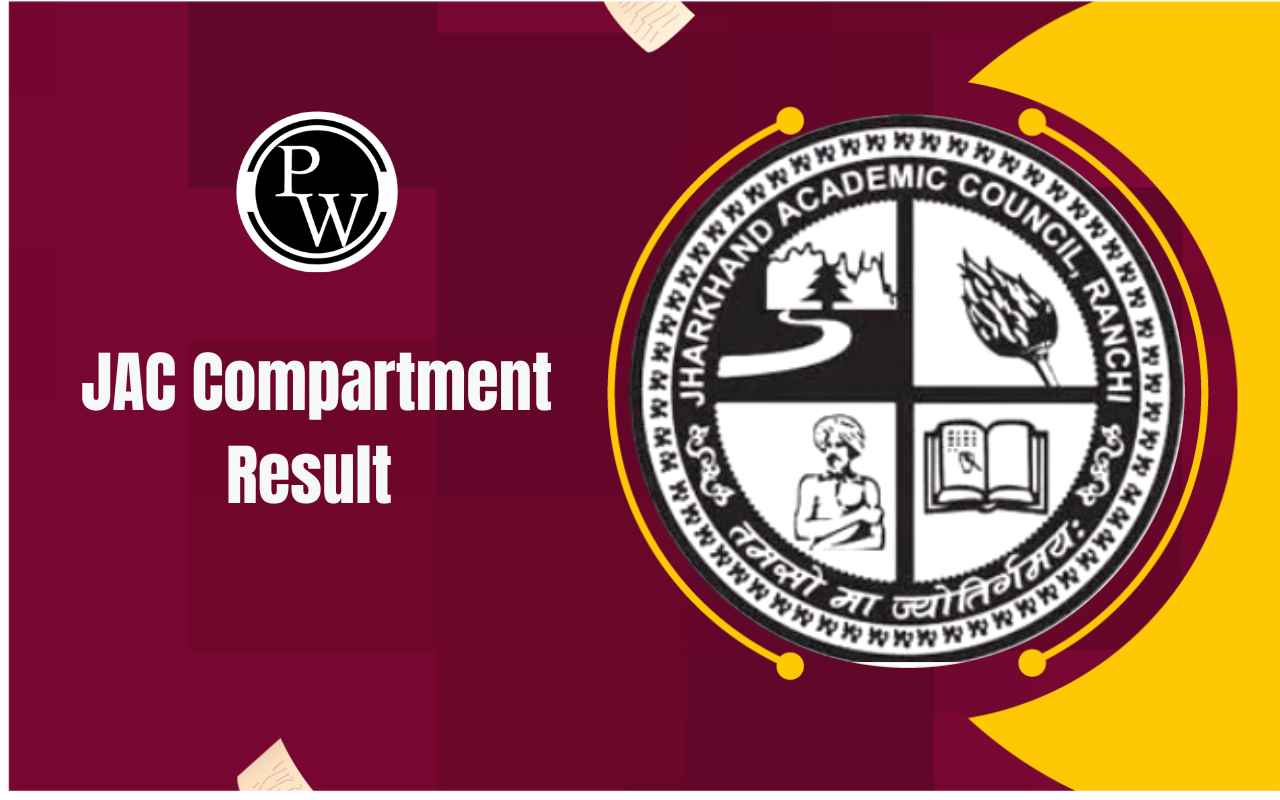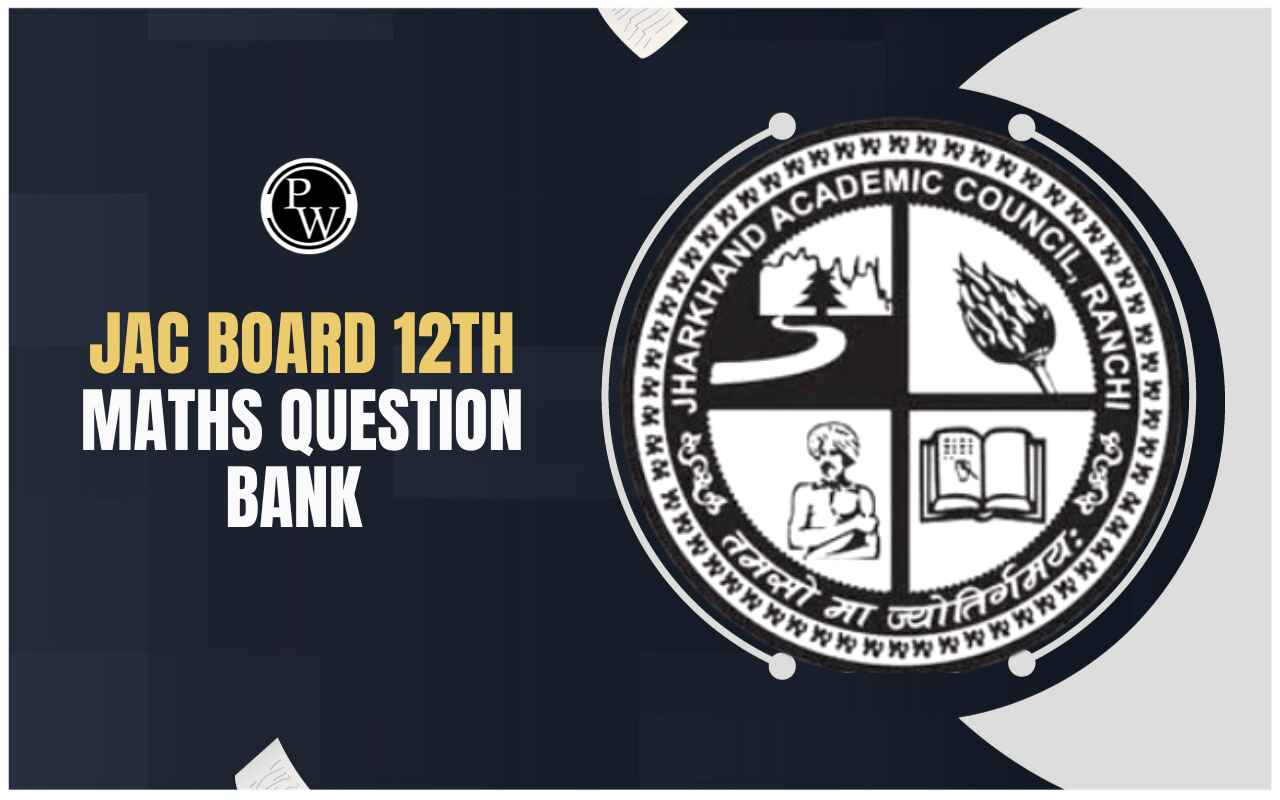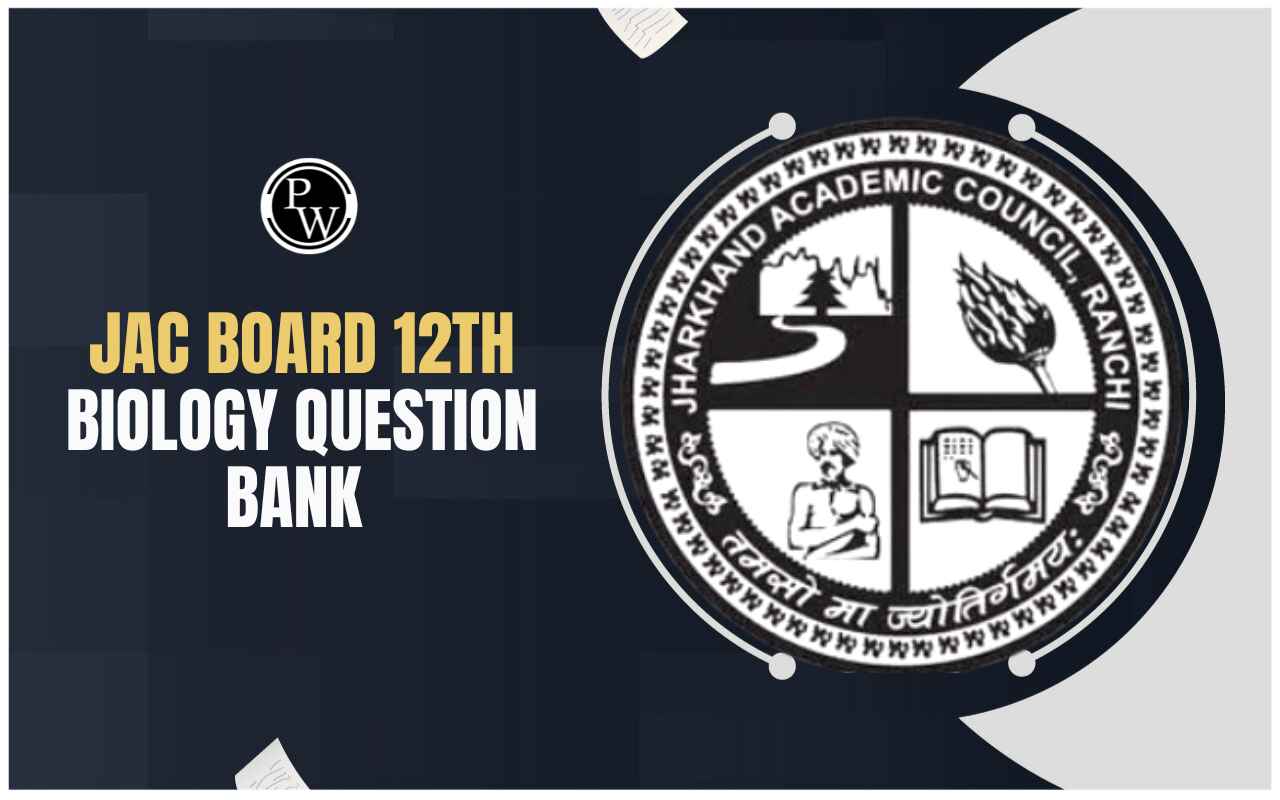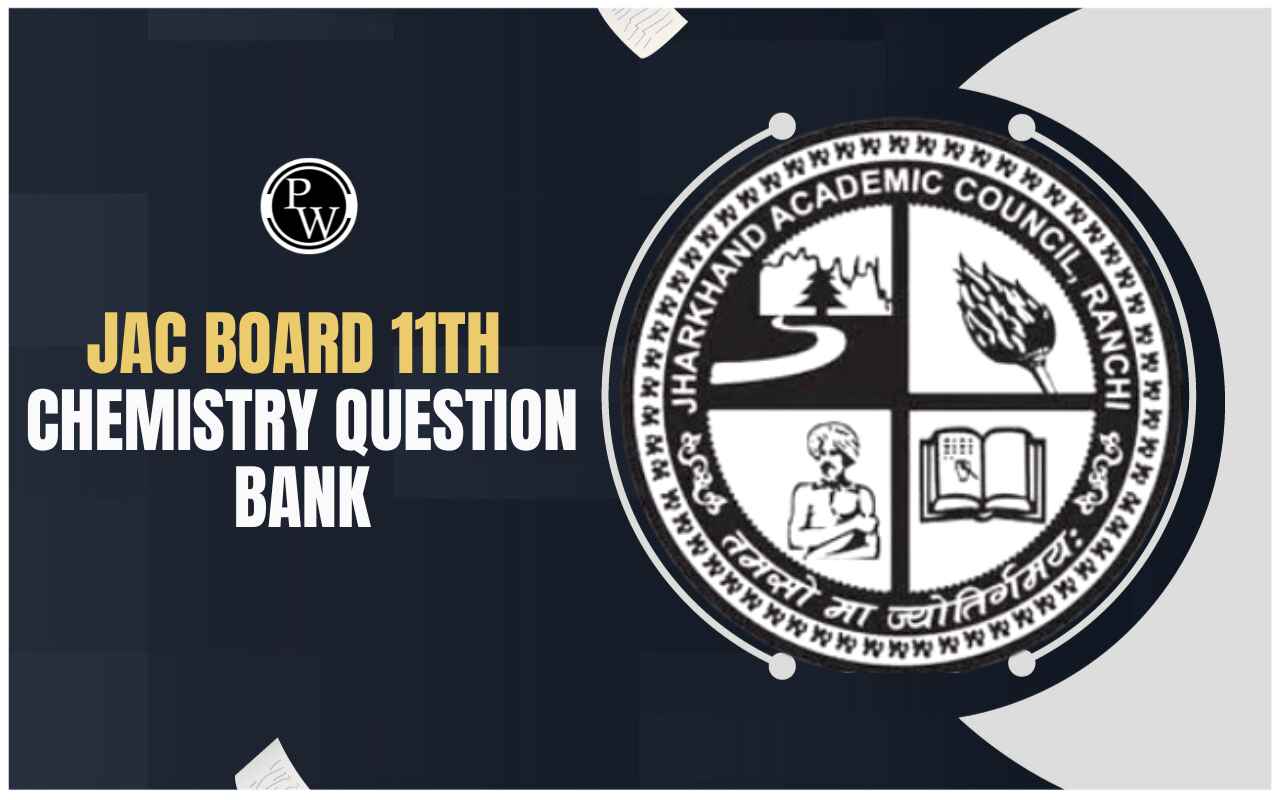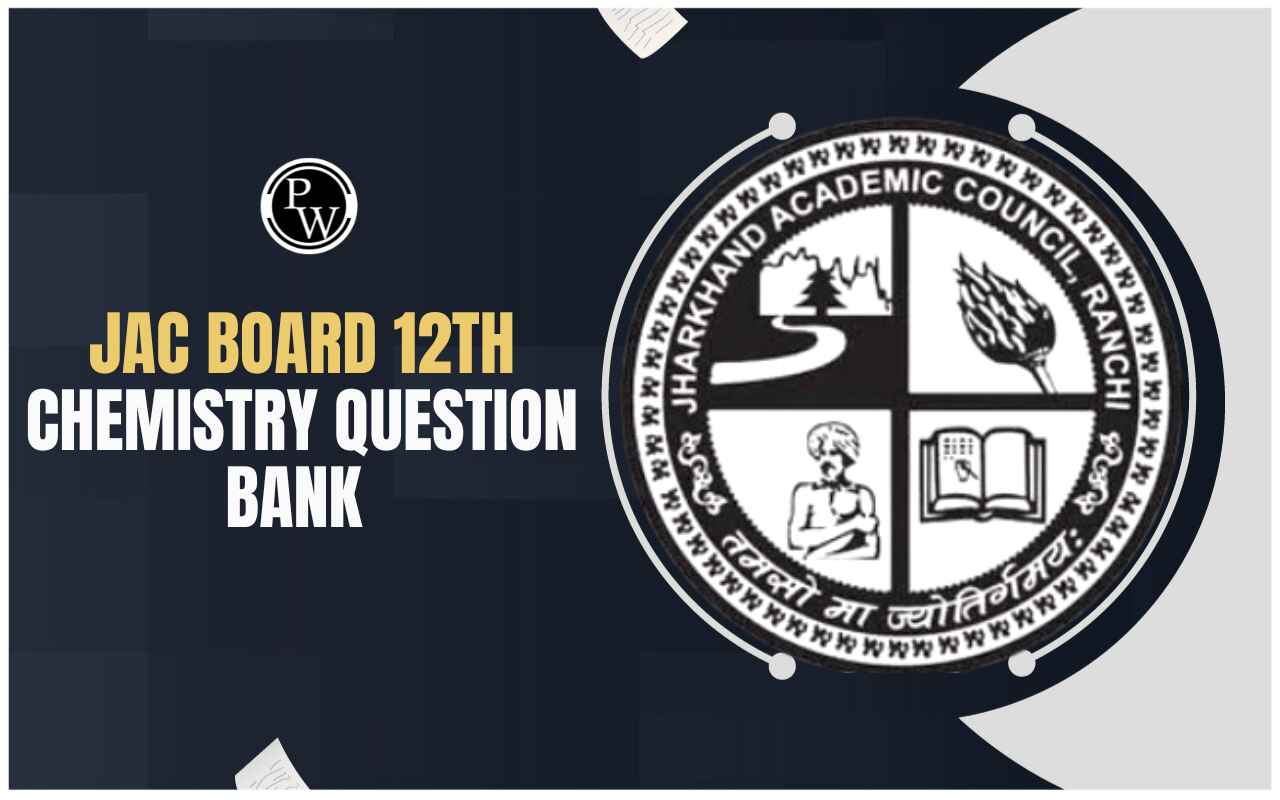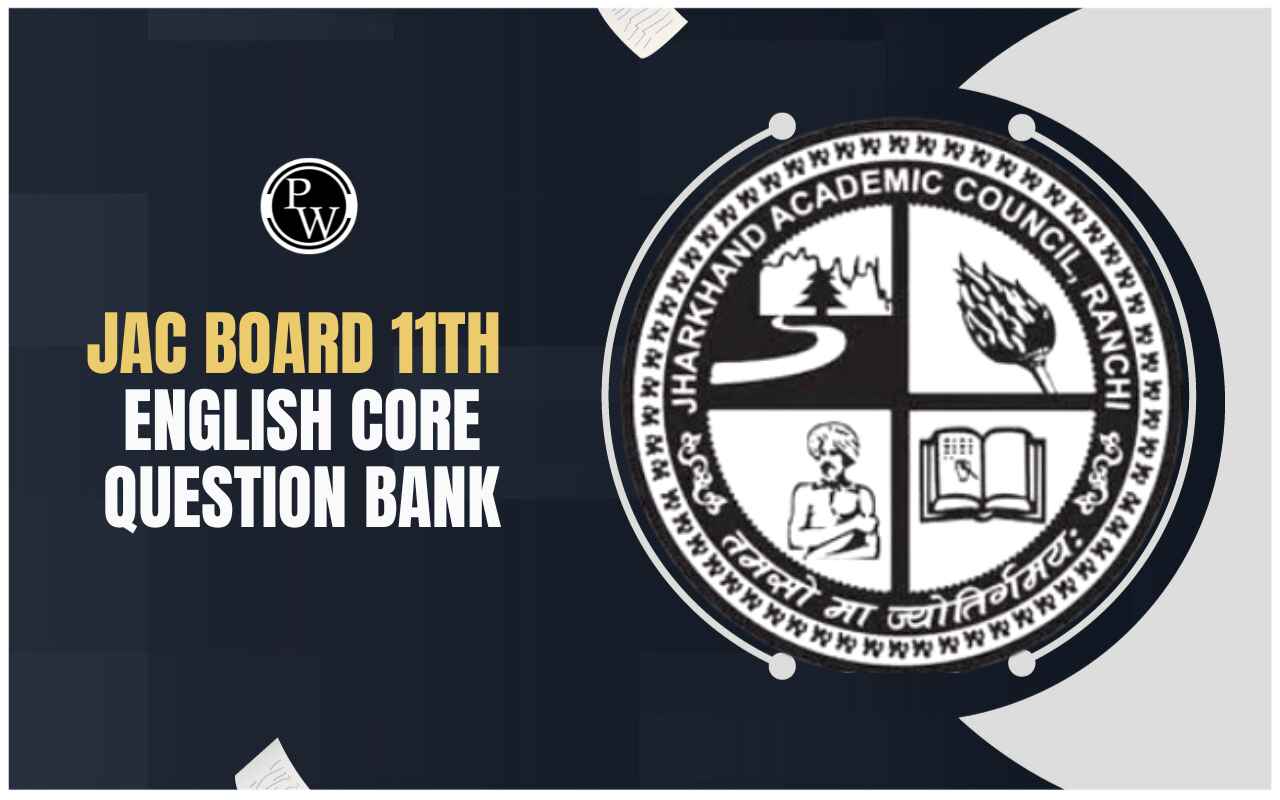
Roadmap for JAC Board Class 10th Students: The Jharkhand Academic Council (JAC) conducts the Class 10 board examination to tests’ students’ academic understanding for higher secondary education. For the academic session, students appearing for the JAC 10th Board Exams must follow a structured preparation approach to perform well.
The Class 10 board exam is a crucial step as it allows students to make the right subject choices in Class 11th. To ensure comprehensive coverage of the syllabus and effective revision, it is important to follow a clearly defined roadmap.
Roadmap for JAC Board Class 10th Students Overview
Students preparing for the JAC Class 10 Board Exams must begin with a clear understanding of the academic structure, subjects, and exam timeline. This foundational information will help students plan their studies more efficiently and align their preparation with board expectations. Here is a quick overview of the key academic elements for the JAC Class 10 session:
|
Roadmap for JAC Board Class 10th Students Overview |
|
|
Component |
Details |
|
Conducting Body |
Jharkhand Academic Council (JAC) |
|
Class |
Class 10 |
|
Subjects Covered |
Hindi, English, Mathematics, Science, Social Science, Optional (Language/Vocational) |
|
Syllabus Base |
Follows NCERT pattern |
|
Time Duration |
3 hours |
|
Official Website |
|
JAC Board Class 10th Syllabus with Subject-Wise Topics
With around six subjects to be covered throughout the academic year, it is important to have a well-defined strategy. The first step to begin your preparation is to understand the JAC Board Class 10th syllabus. It is important to analyse the important topics based on the marks allotted to it. This will help you in deciding which topics require more time and practice. Below is a subject-wise summary of important chapters for JAC Board Class 10th syllabus:
|
JAC Board Class 10th Syllabus |
|
|
Subject |
Key Topics |
|
Real Numbers, Polynomials, Pair of Linear Equations, Quadratic Equations, Arithmetic Progression, Triangles, Coordinate Geometry, Trigonometry, Surface Areas & Volumes, Statistics, Probability |
|
|
Chemical Reactions, Acids, Bases and Salts, Metals and Non-Metals, Carbon Compounds, Life Processes, Control & Coordination, Electricity, Magnetic Effects of Electric Current, Light & Human Eye, Natural Resources |
|
|
Prose and Poems from First Flight, Supplementary Reader Footprints Without Feet, Grammar, Writing Skills (letter, story, article, report) |
|
|
Hindi |
गद्य खंड, पद्य खंड, भाषा और व्याकरण, रचनात्मक लेखन (निबंध, पत्र, संवाद) |
|
History (Nationalism in India, Print Culture), Geography (Resources, Agriculture, Manufacturing Industries), Civics (Power Sharing, Federalism, Political Parties), Economics (Development, Consumer Rights) |
|
Study Plan for JAC Board Class 10 Students
It is important that you plan to manage your time. With subjects like Science, Maths, Social Science, and languages to prepare for, you need a balanced approach that covers learning, revision, and practice. A well-structured study plan will help you to keep a track of your progress but also reduce last-minute exam pressure. Here is a structured study plan you can follow in order to complete the syllabus before the exam:
|
Study Plan for JAC Board Class 10 Students |
|
|
Time Period |
Focus Areas |
|
July to September |
Start with high-weightage and scoring chapters. Focus on understanding concepts in Science and Maths. Continue with grammar, literature, and writing practice in languages. |
|
October to November |
Complete the remaining syllabus. Start revision of earlier chapters and create short notes. |
|
December to January |
Solve sample papers and previous year question papers. Take weekly mock tests and test your knowledge. |
|
February |
Focus on revision and solve model papers to analyze your weak areas. |
How to Make Effective Notes for JAC Class 10th Board Exam?
Notes are really important, especially during revision. For JAC Class 10 students, creating notes can not only help in quick revision but with those notes handy, you can revise concepts more frequently. Here's how you can create effective, subject-wise notes to support their preparation for the board exam:
|
JAC Class 10th Board Exam Note Making Tips |
|
|
Subject |
Note-Making Tips |
|
Science |
Write definitions, laws, equations, and draw labelled diagrams. Use charts for classification (e.g., metals vs non-metals). |
|
Mathematics |
Write formulas of each chapter altogether. Include 1–2 solved examples for each concept. Highlight tricky steps. |
|
Social Science |
Create timelines (History), maps (Geography), and keyword-based summaries (Civics, Economics). Use tables and bullets. |
|
English & Hindi |
Write down summaries of prose and poems. Note important themes, grammar rules, and writing formats. Highlight literary devices. |
Mock Test Strategy and Practice Plan for JAC Class 10 Students
Solving mock tests is not just practice, it helps you identify how you perform under pressure. For the JAC Class 10 Board Exams, students should make mock tests and JAC Class 10th Previous Year Question Paper a regular part of their study routine. Here’s how you can use mock tests effectively:
-
Once you complete a chapter (for example: Trigonometry or Life Processes), take a test based on just that chapter. It will help you understand your depth of knowledge.
-
After finishing a subject, take full-subject mock tests under the time allotted by the JAC board for board exams. This will help you improve your speed and accuracy.
-
Don’t just count your marks. Analyze every mistake, solve the incorrect answers again, and you can make a separate column for concepts which are your weak areas.
-
You must also practice the previous years’ papers as the JAC Board often repeats concepts and question types in the board exams.
-
Don’t rely only on objective or one-word answers. Practice descriptive questions, map work (for Social Science), and diagram-based questions (in Science), as these often carry significant marks in the JAC board exam.
|
Other Boards Related link |
|
| JAC Board Class 10th Exam Pattern | |
Roadmap for JAC Board Class 10th Students FAQs
What is the best study plan for JAC Class 10 Board Exam 2025?
When should JAC Class 10 students start preparing for the board exams?
Which are the most scoring subjects in the JAC 10th Board 2025?
How important are previous year papers for JAC Class 10 preparation 2025?


